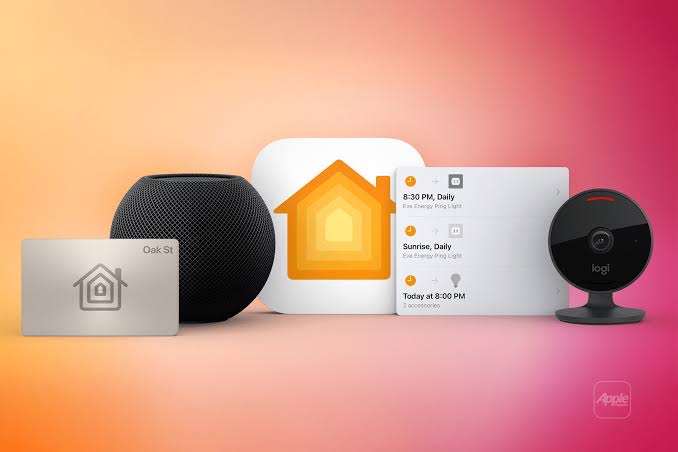Apple has officially deferred the debut of its much-anticipated smart home hub to mid-2026, citing unresolved technical challenges with its advanced Siri AI. Originally eyed for launch in 2025, this ambitious device—internally codenamed J490—was positioned to unite the Apple ecosystem in homes around the world, promising an experience that blends cutting-edge hardware with a sophisticated new operating system.
Key Highlights:
Apple’s smart home hub, roughly the size of an iPad and designed around a 7-inch display and speaker, won’t arrive until at least mid-2026.
The delay stems from engineering blockades tied to Apple Intelligence, specifically the upgraded Siri based on large language models (LLMs).
The device is set to run a new OS called Charismatic, built for multi-user households and designed to give Siri a more personal, context-aware visual presence.
Apple’s rivals, Amazon and Google, maintain their lead in the smart home sector with fully integrated smart displays and assistants already on the market.
Why the Delay?
Apple’s ambitions for a completely revamped Siri—capable of handling more complex, context-rich queries thanks to AI—hit a wall after prolonged development issues.
Major technical hurdles include ensuring the voice assistant can operate efficiently on-device (keeping user data private), respond to extended and contextual queries, and maintain low latency.
Security is another concern: Apple’s insistence on privacy and the need to defend against prompt injection attacks has forced the company to slow down its rollout of new generative Siri features.
Complicating matters further, staff turnover—a number of top AI engineers have left for competitors—has challenged Apple’s internal efforts to accelerate development.
Device Features and Planned Experience
The smart home hub will focus on clock faces, widgets for Apple’s apps—including Calendar, Camera, Music, Reminders, and Notes—and a visual Siri avatar inspired by the Mac Finder icon.
A front-facing camera will allow the hub to recognize users approaching, displaying personalized controls and notifications for each individual.
Primarily voice operated, the hub also supports touch interaction through its display, intended to make management of smart accessories intuitive for all family members.
The hub’s architecture supports HomeKit and the universal Matter protocol, ensuring broad compatibility with smart home devices.
Notably, there will be no App Store, but deep integration with Apple’s ecosystem is designed for seamless household coordination.
User Impact and Market Outlook
The delay means Apple’s smart home hub will lag even further behind comparable offerings from competitors—like the Google Nest Hub and Amazon Echo Hub—whose established products are already featured in millions of homes.
For Apple loyalists, the wait is doubly frustrating after several cycles of rumor and anticipation, many of whom expected a late-2025 launch alongside iOS 19.
At the same time, the features Apple promises—such as personalized home control, AirPlay functionality, FaceTime support, and interoperability with Matter devices—continue to generate interest in tech circles.
Competitive Edge and Strategy
Despite criticism, Apple’s incremental approach reflects the company’s strategic focus on long-haul reliability, privacy, and user experience.
The Charismatic OS is a first-of-its-kind interface for Apple, aimed at shared family use, signaling a shift from individual to communal smart home control.
Apple continues to leverage direct integration across Calendar, Contacts, and Reminders to facilitate household management.
Industry Voices and Speculation
Analytic commentary from Bloomberg’s Mark Gurman, among others, stresses that Apple’s current challenges aren’t just technical—they’re organizational and strategic in nature.
As rivals like Meta, OpenAI, and Google iterate rapidly, Apple hopes that patience and polish will ultimately deliver a premium experience.
The pushback prompts questions about Apple’s long-term AI trajectory, especially as the next-gen Siri and smart hub are crucial pillars of its broader device roadmap for 2026 and beyond.
Source: Bloomberg, India Today, MacRumors, PCMag, and AIbase.







